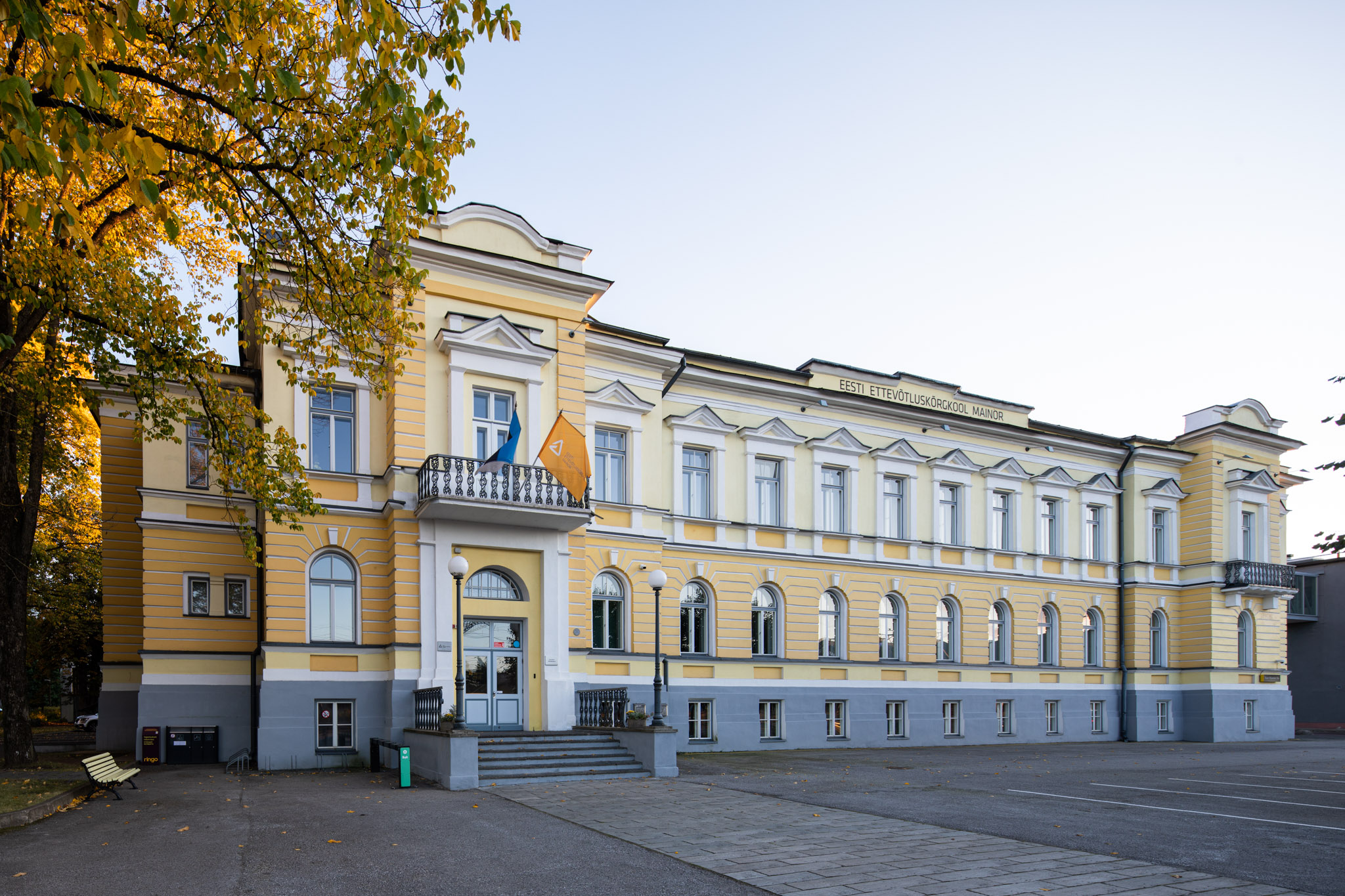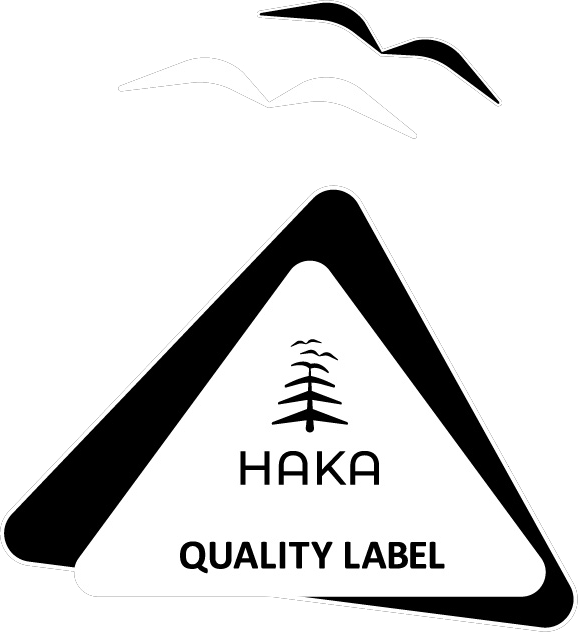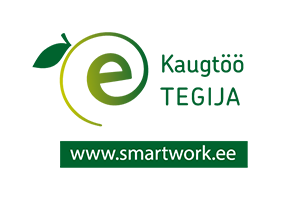




This course gives a fundamental overview of programming tools, methodology, and practice for beginners. During the course, it will be explained how to approach problem-solving and coming up with algorithms to solve problems through automation - coding, and provide an interactive interface in the form of a simple game. The automation will be expressed in game features that can be coded in basic tools used by well-developed and publically available game engines (Godot?). Core concepts that will be explained are: programming languages, development tools, code structure, object-oriented programming, classes, variables, expressions, and functions.
The course will focus on providing the necessary base to use the necessary tools to put a designed game feature into runtime form, creating an interactive experience for players. The essentials include: handling player input, providing the player with feedback, and managing the game state to save data and use it on demand. The mechanics of basic game physics to handle movement within a game world will also be part of the learning challenge.
Finally, once an understanding of core concepts of creating functionality from design through programming has been achieved, the last step is to investigate how to create a distributable build of the game project to share with others.
Requirements for passing the course: Exam.

 Student
Student

